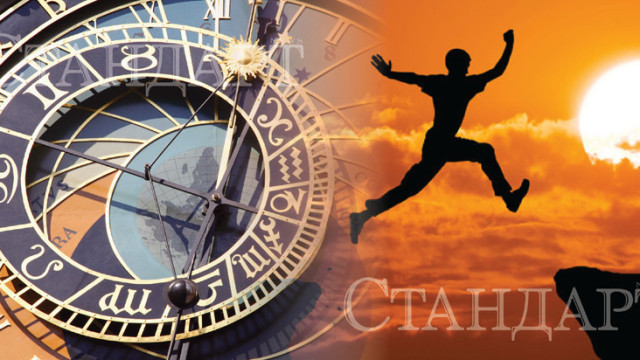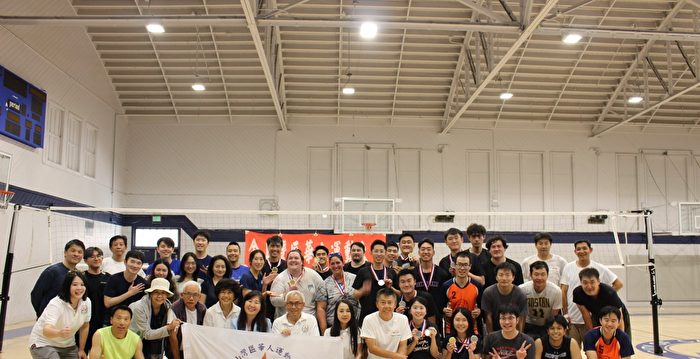If expertise weren’t developed sufficient in childhood, the issues will proceed into maturity.
Individuals who may learn in major college usually remained literate as adults. writing PsyPost. The research included greater than 312 individuals from 5 years of age to maturity, with a mean of 42 years. Simply over half, 53%, have been women. Amongst all of the members, there have been 66 individuals with dyslexia, a studying incapacity that makes it tough for individuals to learn.
Scientist Emilio Ferrer from the Division of Psychology on the College of California and colleagues wished to learn the way early studying expertise have an effect on literacy later in life. To do that, they performed the Connecticut Longitudinal Research. Scientists used particular assessments to check kids’s understanding of passages and different expertise. At that age, studying prose accuracy, comprehension of knowledge when studying silently and aloud, and studying pace have been measured.
The outcomes confirmed that individuals who learn nicely within the first 5 grades of major college retained their studying expertise as adults. And the more serious the talents have been in childhood, the extra issues with literacy have been noticed sooner or later. “These findings recommend that the achievement hole between typical readers and readers with dyslexia persists nicely past adolescence, certainly into maturity,” the researchers mentioned. .
Earlier consultants present up surprising advantages of puzzles. Researchers imagine that Sudoku and crossword puzzles won’t make it easier to turn out to be smarter. Nonetheless, they’ve a helpful property. Puzzles have a constructive impact on psychological well being. And this isn’t the one benefit that scientists have discovered.
2024-06-10 13:15:33
#studying #associated #data #scientists #clarify

